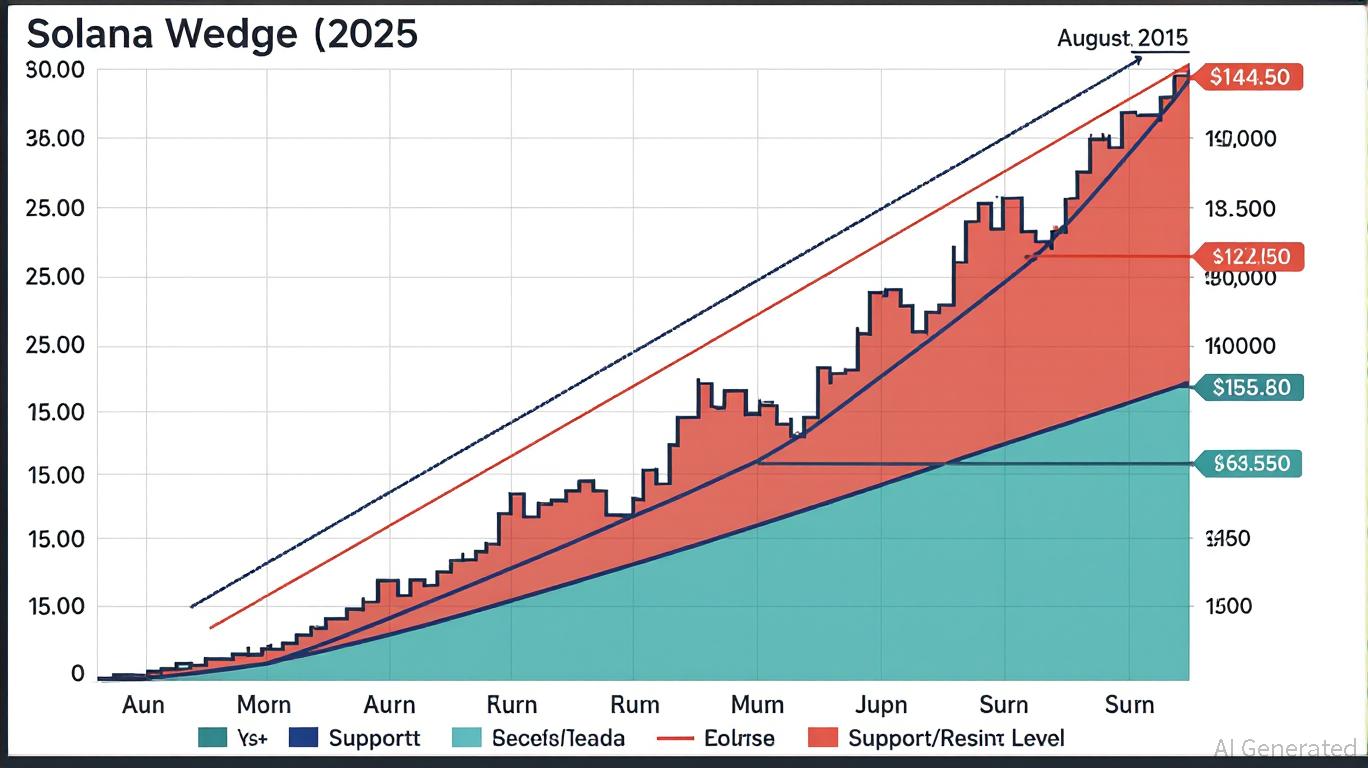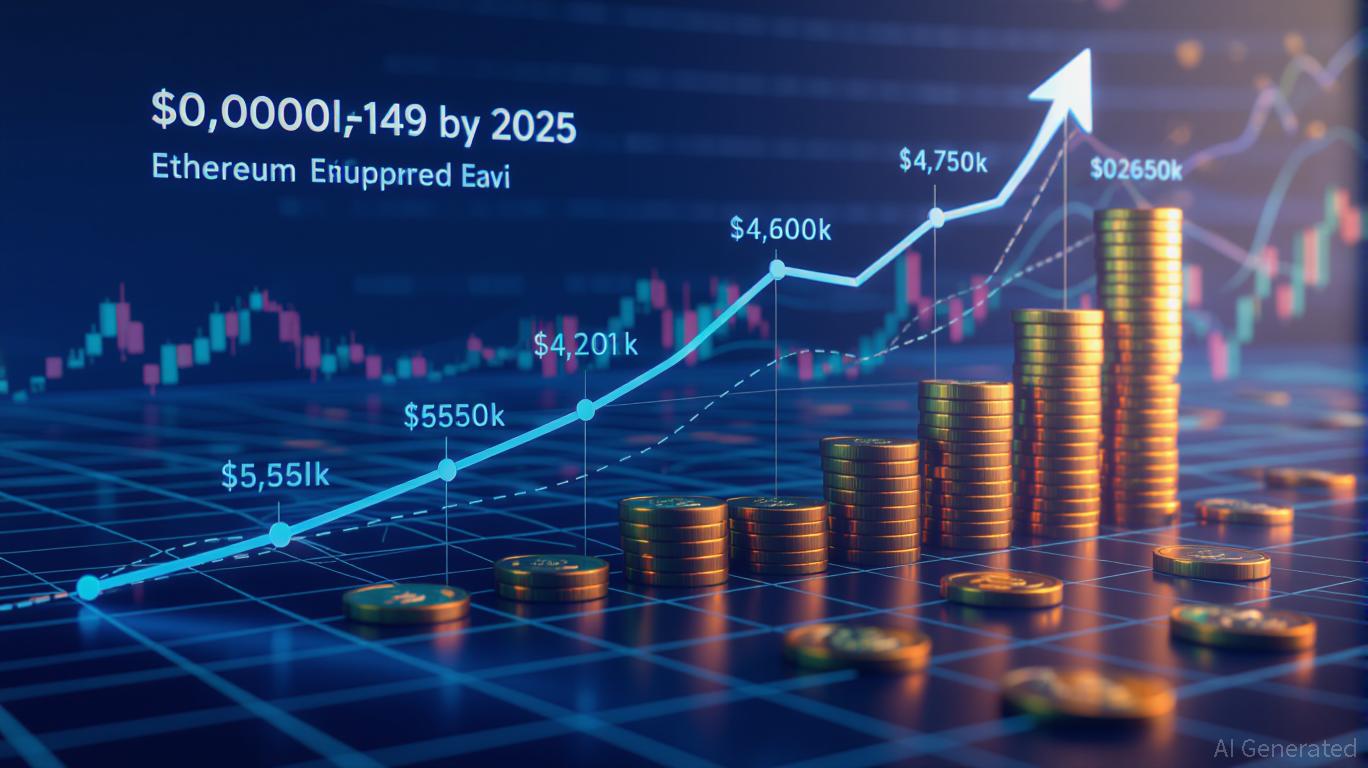El Salvador splits Bitcoin reserves into 14 wallets to combat quantum risks
- El Salvador distributes 6.274 BTC to 14 new wallets
- Quantum computing sparks debate over Bitcoin security
- Industry leaders downplay risks and advocate for future upgrades
El Salvador, a pioneer in the official adoption of Bitcoin as legal tender, decided to redistribute its reserves to mitigate risks associated with the development of quantum computing. The government transferred 6.274 BTC, valued at approximately US$678 million, from a single address to 14 new wallets, each containing a maximum of 500 BTC.
El Salvador is moving the funds from a single Bitcoin address into multiple new, unused addresses as part of a strategic initiative to enhance the security and long-term custody of the National Strategic Bitcoin Reserve. This action aligns with best practices in Bitcoin…
— The Bitcoin Office (@bitcoinofficesv) August 29, 2025
According to local authorities, the decision aims to reduce vulnerability to quantum attacks, as the exposure of public keys in addresses can become a weak point in the face of technological advancement. Previously, the country used a single wallet to maintain transparency of reserves, but now it operates with multiple publicly monitored addresses.
The Bitcoin office in El Salvador emphasized that, in the future, quantum computers could be capable of breaking the cryptographic protection that underpins Bitcoin, banking systems, and even email. This redistribution would ensure that, if attacks become viable, only small portions are at risk.
Project Eleven warned:
"Over 10 million addresses have exposed public keys. Quantum computing is constantly evolving. No one has yet rigorously assessed this threat."
Major financial institutions have also expressed concern. BlackRock, in a recent document, highlighted that quantum advances could compromise the encryption of digital assets in the future.
Despite El Salvador's caution, some in the industry maintain a more relaxed stance. Tether CEO Paolo Ardoino stated that Bitcoin will likely have quantum-resistant addresses in due course, allowing users to securely transfer funds.
Michael Saylor, co-founder of Strategy, dismissed the fears as a "marketing tactic" for projects exploring quantum computing. He believes companies like Google and Microsoft would never release quantum computers capable of threatening global systems. Saylor further emphasized that
“Bitcoin could be upgraded through software and hardware, and phishing attacks are much more likely to put funds at risk than quantum computing.”
With this strategic move, El Salvador reinforces its active stance in protecting national Bitcoin reserves, balancing transparency and security in the face of constantly evolving technological advances.
Disclaimer: The content of this article solely reflects the author's opinion and does not represent the platform in any capacity. This article is not intended to serve as a reference for making investment decisions.
You may also like
Crypto Time Efficiency: How Entrepreneurs Can Profit from the Bull Market with Minimal Daily Commitment
- The 2023–2025 crypto bull market, driven by Bitcoin ETF approvals and the 2024 halving, has reshaped institutional and retail participation through regulatory clarity and technological upgrades. - Ethereum’s 60–80% core allocation in portfolios, fueled by utility token reclassification and staking yields, contrasts with Bitcoin’s declining ETF inflows amid macroeconomic shifts. - A core-satellite strategy (20–30% in altcoins) and tools like dollar-cost averaging help entrepreneurs mitigate volatility whi

Solana’s Market Stabilization and Accumulation Potential: A Strategic Entry Point for Investors
- Solana’s 14% weekly price drop coincides with on-chain accumulation signs, including a 102% surge in hodler net position and a 30-day low realized profit/loss ratio. - Technical analysis highlights $158.80 support and $176.33 resistance, with historical backtests showing 52% win rates for buy-and-hold strategies near support levels. - Institutional adoption drives growth, with $1.72B in corporate treasuries and 1.44% total supply held by 13 public companies leveraging 7-8% staking yields. - A potential U

Why Pepeto is the 2025 Meme Coin with the Strongest Infrastructure and Asymmetric Upside
- Pepeto (PEPETO) redefines meme coins with Ethereum-based infrastructure, zero-fee swaps, and cross-chain bridges outperforming DOGE/PEPE. - Its tokenomics include 30% staking rewards (312% APY), capped supply, and no team wallets, contrasting DOGE's 5B annual inflation and PEPE's 420T supply. - Security audits by Coinsult/SolidProof and Ethereum's robustness build institutional trust, unlike legacy projects vulnerable to rug pulls. - Analysts project 20x-60x returns by 2025, with whale activity showing 7

Stablecoins Target $500B Market Cap by 2026: Investment Implications of Policy Clarity and Network Expansion for Leading Stablecoin Issuers
- Stablecoin market, valued at $281.5B in August 2025, targets $500B by 2026 due to regulatory clarity, institutional adoption, and tech innovation. - U.S. GENIUS Act and global frameworks like MiCAR harmonize reserve rules, boosting institutional trust and cross-border use. - Institutional adoption surges post-SAB 121 repeal, with USDT/USDC dominating 66% of the market via USD peg and compliance. - Investors face growth potential but must monitor systemic risks, liquidity issues in smaller stablecoins, an

